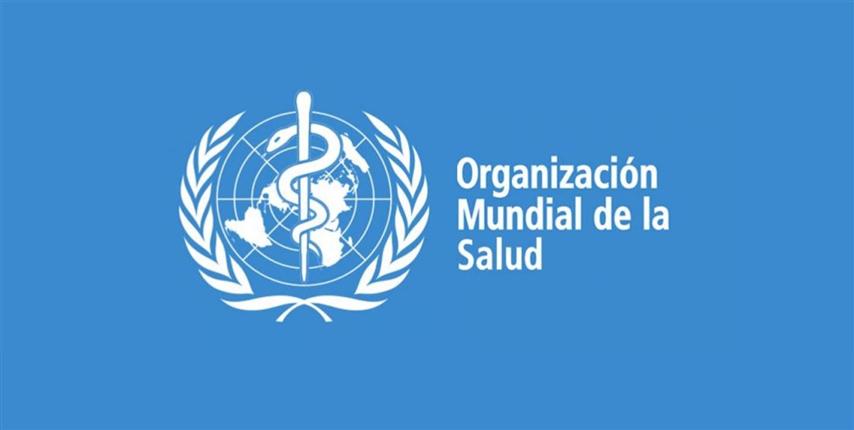Representatives from around the world are celebrating in this city the ninth round of negotiations for this legally binding treaty, with the aim of preparing it for approval at the next annual assembly of the World Health Organization (WHO) that will begin on May 27.
However, despite the urgency for humanity to have a legal text of this nature to face future pandemics and not repeat the disastrous impact of Covid-19 that left millions of dead and large economic losses, it emerged that there are discrepancies between negotiators with certain aspects.
Among them, disagreements between rich and other developing nations stand out regarding the equitable distribution of medicines and vaccines to prevent a repetition of the complications seen during Covid-19.
Some right-wing politicians from countries such as the United States and Australia also criticize the text because they consider that it cedes a lot of power to a United Nations agency.
The draft agreement contains among its fundamental elements the need to guarantee in future pandemics equitable access to the technology and supplies necessary to prevent the spread of an infectious disease across borders and that all people have access to medical care that they require.
Adhanom recognized that consensus and unanimity are different, and that in this sense “there may be delegations that, despite their good faith efforts, cannot join the consensus.”
“I appreciate the fact that all of you are making concessions that you wouldn’t want to make, I appreciate that article by article, paragraph by paragraph, word by word, you are converging toward a consensus, even though you are not there yet,” he said.
In this context, he asked the dissidents to at least “not block the consensus” that would allow the first pandemic treaty in history to advance.
“Give the people of the world, the people of your countries, the people you represent, a more secure future,” he noted.
ef/lam/lpn









